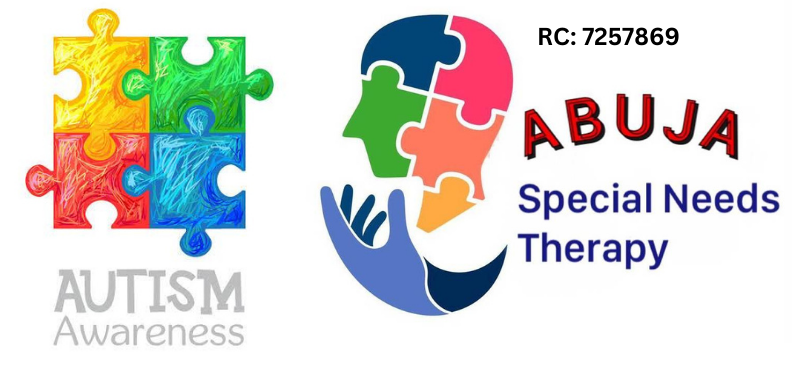The Significance of Special Needs Therapy for Exceptional Children
In the tapestry of diversity that makes up our world, every child is unique, each with their own set of abilities and challenges. For some, the journey to self-discovery and development requires a bit of extra support. Special needs therapy emerges as a beacon of hope, offering tailored interventions to nurture the potential of these exceptional children. In this blog post, we'll delve into the crucial importance of special needs therapy and how it serves as a transformative force in the lives of these remarkable youngsters.
Tailored Support for Individual Needs: Special needs therapy is not a one-size-fits-all approach. Each child possesses distinct strengths and areas that require attention. Therapists specializing in various disciplines, such as occupational therapy, speech therapy, and physical therapy, work collaboratively to design personalized interventions. This tailored support ensures that each child receives the specific assistance they need to overcome challenges and thrive.
Enhancing Communication Skills: For many special children, communication can be a significant hurdle. Speech therapy, a fundamental component of special needs therapy, focuses on improving language skills, articulation, and social communication. By addressing these challenges head-on, therapists empower children to express themselves more effectively, fostering better connections with their peers and caregivers.
Building Independence and Life Skills: Occupational therapy plays a pivotal role in developing the practical life skills necessary for independent living. From fine motor skills to activities of daily living, therapists work with children to enhance their ability to navigate the world around them. This not only boosts their self-esteem but also equips them with the tools needed for a more autonomous and fulfilling life.
Supporting Emotional Well-being: Children with special needs may face emotional challenges stemming from their unique experiences. Therapists employ techniques to help them navigate and express their emotions, fostering emotional resilience. By creating a safe and supportive environment, special needs therapy aids in building a foundation for positive mental health.
Fostering Social Connections: Social interactions can be particularly challenging for some special children. Social skills training within special needs therapy helps bridge this gap by providing structured opportunities for socialization. These interventions empower children to engage with their peers, fostering meaningful connections and reducing feelings of isolation.
Empowering Families: Special needs therapy isn't just about the child; it extends its impact to the entire family. Therapists work closely with parents and caregivers, providing guidance and strategies to continue supporting the child's progress at home. This collaborative approach strengthens the family unit and ensures a holistic support system.
Conclusion: Special needs therapy stands as a beacon of hope, unlocking the immense potential within each special child. By addressing their unique challenges with personalized care, therapists pave the way for a future where these exceptional individuals can lead fulfilling and meaningful lives. Embracing progress, one therapy session at a time, we sow the seeds of empowerment and inclusivity, nurturing a world where every child, regardless of their abilities, can thrive.



